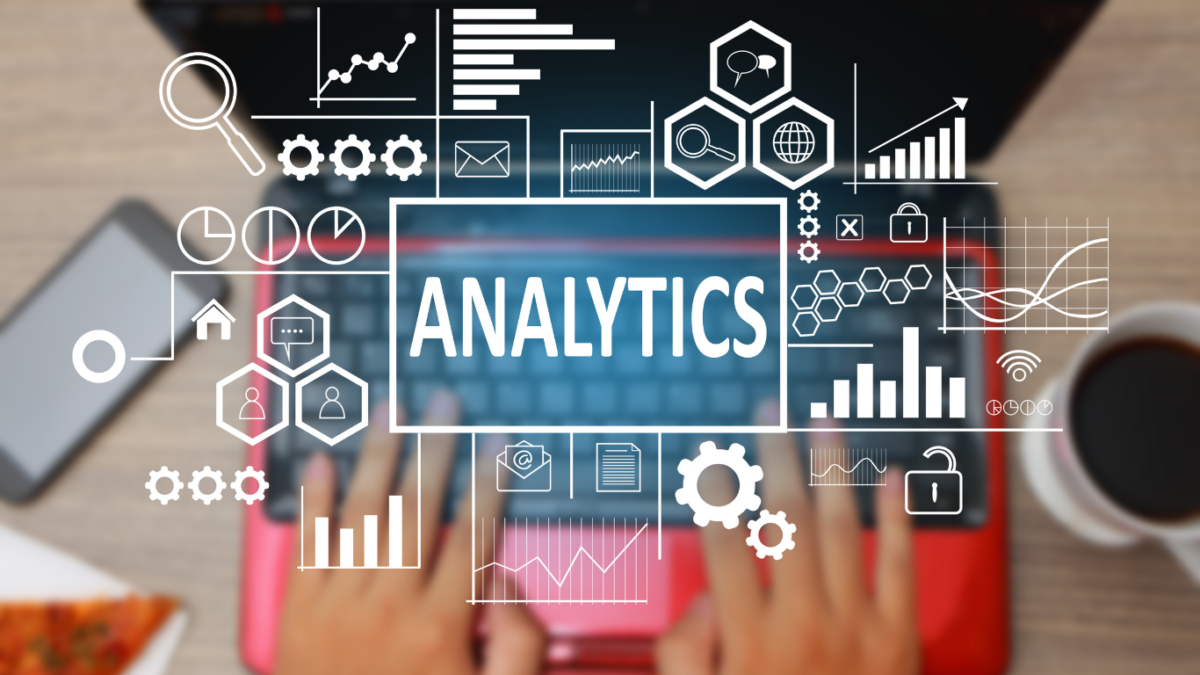In an era dominated by data, the public sector faces the challenge of effectively harnessing vast information. Fortunately, the rise of big data analytics has opened up new possibilities for governments to make sense of this data and drive meaningful change. By leveraging advanced technologies and techniques, big data analytics enables public sector organizations to extract valuable insights, optimize operations, and enhance citizen services.
The need for big data analytics in the public sector is more pressing than ever. With the proliferation of digital interactions and the increasing complexity of societal challenges, traditional analysis methods need to make sense of the vast datasets generated by government agencies. That’s where significant data analytics steps in, offering the potential to transform governance, public services, and policy-making.
At its core, big data analytics involves the extraction of actionable insights from large and complex datasets that go beyond the capabilities of traditional data processing methods. Government agencies can uncover patterns, correlations, and trends previously hidden within the data by employing sophisticated algorithms and robust computing systems.
The advantages of embracing big data analytics in the public sector are multifaceted. First and foremost, it enables data-driven decision-making. Policymakers gain valuable insights into social, economic, and environmental trends by analyzing vast amounts of structured and unstructured data in real-time. This evidence-based approach empowers them to formulate targeted policies, address pressing societal issues, and foster more effective governance.
Additionally, big data analytics holds the potential to optimize public services. Government agencies can better understand individual preferences, needs, and behavior by analyzing citizen data. This knowledge allows for developing personalized and efficient services, improving citizen satisfaction and service delivery. From healthcare to transportation systems, big data analytics has the power to revolutionize the way public services are delivered.
Furthermore, big data analytics is pivotal in optimizing resource allocation in the public sector. By analyzing diverse datasets, such as transportation systems, public safety records, and infrastructure data, governments can make data-driven decisions to enhance efficiency, reduce costs, and improve overall service quality. Predicting traffic congestion, optimizing public transportation routes, and identifying maintenance needs are examples of how big data analytics can lead to more efficient resource allocation.
In conclusion, the public sector benefits immensely from embracing big data analytics. It offers the opportunity to unlock actionable insights, drive innovation, and create a meaningful impact in the lives of citizens. By leveraging the power of big data analytics, government agencies can make informed decisions, optimize public services, and strengthen governance. However, it is crucial to navigating this landscape with ethical considerations and data privacy in mind, ensuring data’s responsible and transparent use. The future of the public sector lies in the hands of those who can effectively harness the potential of big data analytics to build more competent, more responsive governments.
This blog will explore the vast potential of big data analytics in the public sector and how it can revolutionize governance, public services, and policy-making.
I. Understanding Big Data Analytics: Before delving into its applications, let’s briefly understand what big data analytics entails. Big data refers to large and complex datasets that are beyond the capability of traditional data processing methods. Big data analytics involve using advanced technologies and techniques to extract valuable insights, patterns, and correlations from this voluminous data, enabling organizations to make data-driven decisions.
II. Enhancing Governance and Policy-making:
Improved Decision-Making: By analyzing vast amounts of structured and unstructured data, government agencies can gain real-time insights into social, economic, and environmental trends. It enables policymakers to make evidence-based decisions, formulate targeted policies, and address pressing societal issues more effectively.
Predictive Analytics for Crime Prevention: Big data analytics can help law enforcement agencies analyze historical crime data and identify patterns that can predict criminal activities. This proactive approach enables authorities to deploy resources strategically, anticipate threats, and enhance public safety.
III. Optimizing Public Services:
Enhancing Healthcare: Big data analytics can revolutionize healthcare by analyzing patient records, treatment outcomes, and public health data. This enables the identification of trends, early detection of diseases, and personalized treatments. Additionally, predictive models can aid in resource allocation, ensuring the timely availability of healthcare services.
Improving Transportation Systems: Analyzing data from various sources, such as GPS trackers, traffic cameras, and social media, can help optimize transportation systems. By predicting traffic congestion, optimizing public transportation routes, and identifying maintenance needs, governments can improve efficiency, reduce commuting time, and enhance overall transportation experiences.
IV. Safeguarding Cybersecurity: The public sector deals with vast amounts of sensitive data, prioritizing cybersecurity. Big data analytics can be crucial in detecting and preventing cyber threats. Government agencies can identify anomalies, detect potential breaches, and respond swiftly to protect critical infrastructure and citizen data by analyzing network logs, user behavior, and other relevant data sources.
V. Ethical Considerations and Data Privacy: While embracing big data analytics, it is crucial to prioritize data privacy and adhere to ethical standards. Governments must ensure that data collection, storage, and analysis are conducted transparently and in compliance with relevant regulations. Responsible data governance practices should be implemented to safeguard individual privacy and maintain public trust.
Big data analytics holds immense promise for the public sector, offering unprecedented opportunities to enhance governance, optimize public services, and strengthen decision-making processes. By harnessing the power of this transformative technology, government agencies can unlock actionable insights, drive innovation, and create meaningful impact in the lives of citizens. However, it is essential to balance data utilization and privacy protection, fostering an environment that harnesses the potential of big data while respecting individual rights and maintaining public trust. The future of the public sector lies in the hands of those who can effectively leverage the power of big data analytics to build more innovative, more responsive governments.


